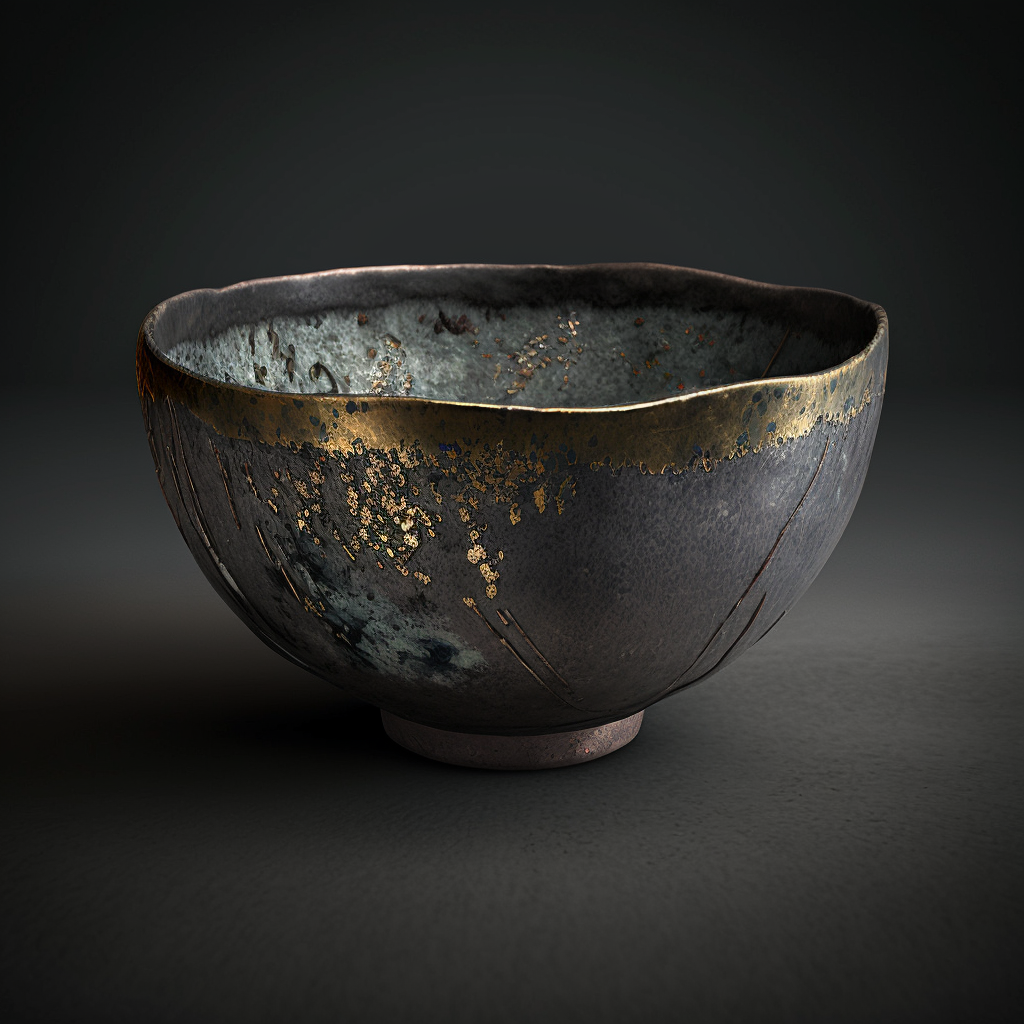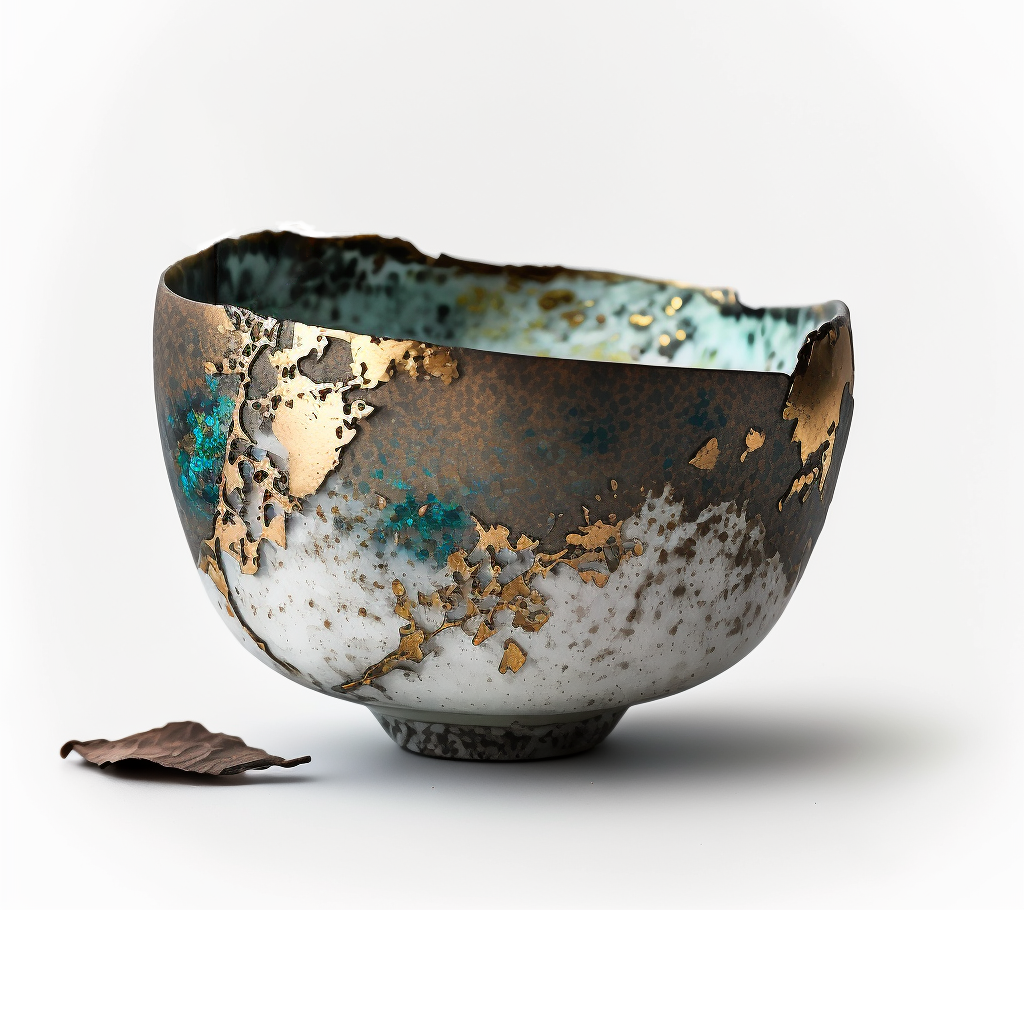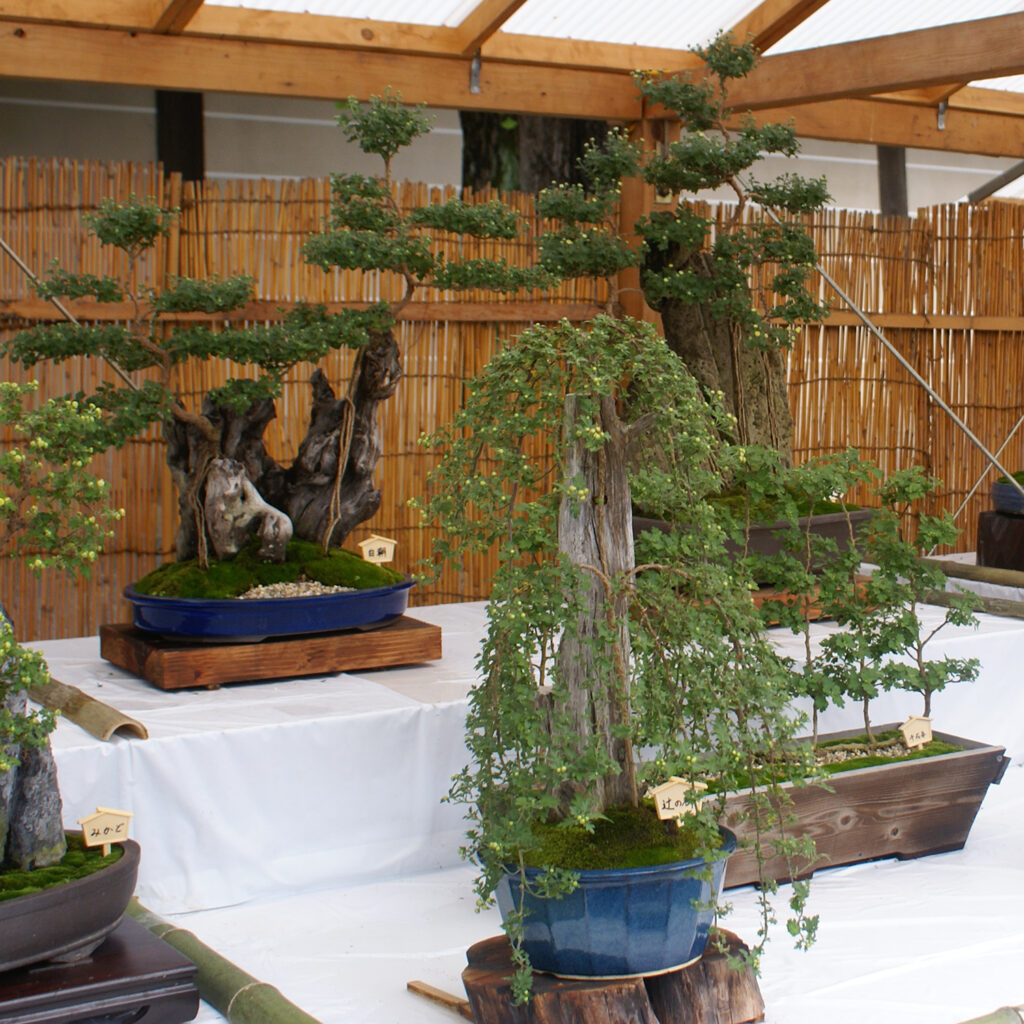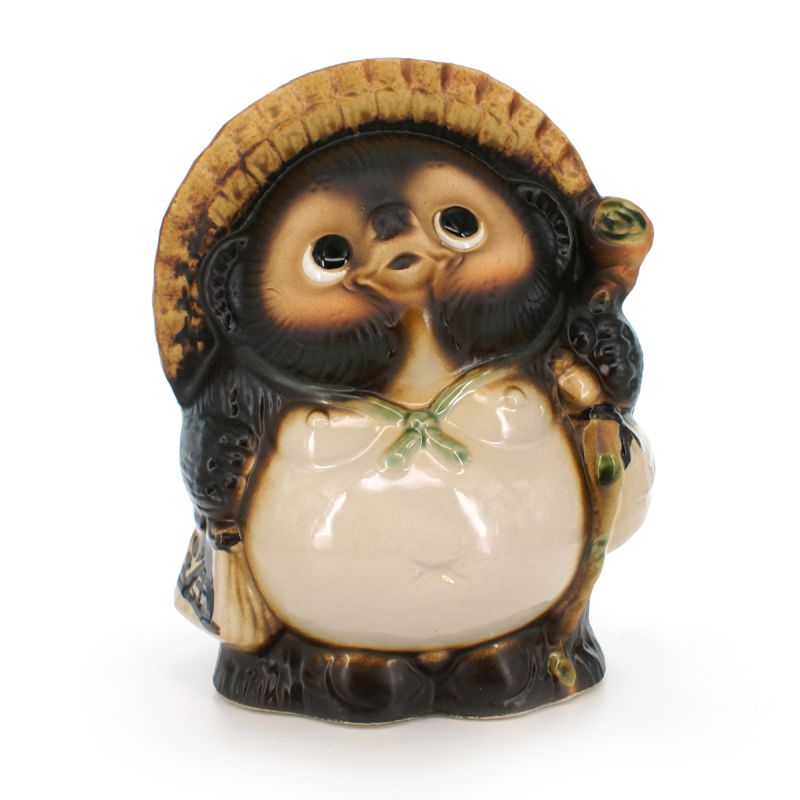Japanese floral art, or Ikebana, is much more than just a way to arrange flowers. It is a philosophy, a meditation, and an artistic expression that finds its essence in the harmony between nature and humans. At the heart of this ancient practice are Ikebana vases, unique pieces that embody the simplicity and sophistication of Japanese culture. Discover why these vases are more than just accessories—they are true works of art for your home.
What is an Ikebana Vase?
An Ikebana vase is much more than a simple container for flowers. Designed to align with the principles of Ikebana, it highlights the natural beauty of plants while respecting their balance. Unlike traditional vases, Ikebana vases are often minimalist, with clean lines and noble materials such as ceramic, bamboo, or glass.
These vases are crafted to suit the different schools of Ikebana, each with its own rules and aesthetics. Whether you follow the Ikenobo, Ohara, or Sogetsu school, you will find a vase that matches your practice.
Why Choose an Ikebana Vase?
1. A Timeless and Refined Design
Ikebana vases stand out for their understated and elegant design. Their minimalist aesthetic fits seamlessly into any interior, whether modern or traditional. They add a touch of sophistication without overwhelming the space.
2. Harmony with Nature
Ikebana aims to create a balance between the flowers, stems, and vase. Choosing an Ikebana vase means opting for an object that respects this philosophy. It highlights the natural beauty of flowers while adding an artistic dimension to your arrangement.
3. High-Quality Materials
Ikebana vases are often handmade using premium materials. Whether crafted from glazed ceramic, natural bamboo, or blown glass, each piece is unique and reflects Japanese artisanal craftsmanship.
How to Choose the Right Ikebana Vase?
Choosing an Ikebana vase depends on several factors:
- Shape: Tall vases are ideal for vertical compositions, while shallow vases are better suited for sprawling arrangements.
- Size: Ensure the vase size is proportionate to the space where you intend to place it.
- Material: Each material brings a different ambiance. Ceramic offers a traditional feel, while glass adds a modern touch.
To explore a selection of authentic Ikebana vases, visit Nippon Boutique. Their collection features unique pieces, perfect for beginners or seasoned Ikebana practitioners.
The Different Types of Ikebana Vases
1. Ceramic Vases
Ceramic vases are the most common in Ikebana art. Their texture and finish bring an artisanal touch to your compositions. They are perfect for traditional arrangements.
2. Bamboo Vases
Bamboo is an iconic material in Japanese culture. Bamboo vases add a natural and zen-like note to your interior. They are often used for more contemporary compositions.
3. Glass Vases
For a modern touch, opt for a glass vase. Transparent or colored, they allow you to play with light and create unique visual effects.
Where to Buy a Quality Ikebana Vase?
If you’re looking for an authentic and high-quality Ikebana vase, Nippon Boutique is a must-visit. Their website offers a wide range of vases, from traditional models to contemporary creations. Whether you’re a beginner or an Ikebana expert, you’re sure to find the perfect piece for your needs.
How to Care for Your Ikebana Vase?
To preserve the beauty of your Ikebana vase, a few simple steps are enough:
- Clean it regularly: Use warm water and a soft cloth to avoid scratches.
- Avoid harsh chemicals: They could damage natural materials like bamboo or ceramic.
- Store it away from direct sunlight: This prevents fading of sensitive materials.
Ikebana: A Practice that Captivates the World
Ikebana is not just for the initiated. Thanks to its accessible philosophy and calming benefits, it is attracting more and more enthusiasts worldwide. Whether you want to explore this art or simply decorate your home with elegance, Ikebana vases are a perfect choice.
To explore a selection of Ikebana vases and accessories dedicated to this art, visit Nippon Boutique. Their expertise and passion for Japanese culture guarantee authentic, high-quality, and inspiring products.





